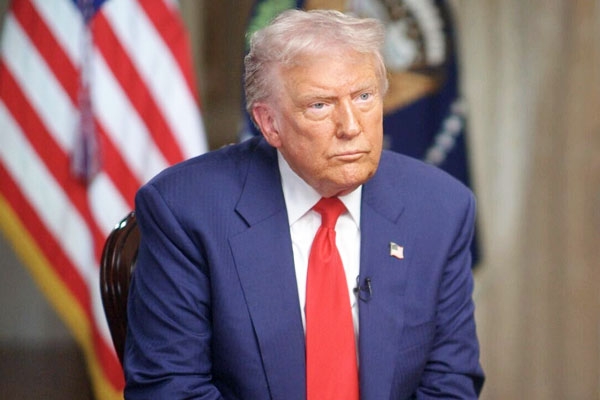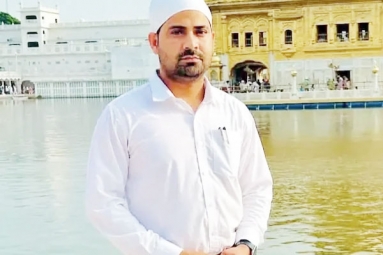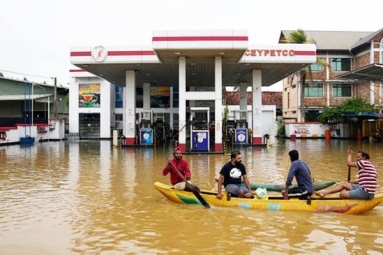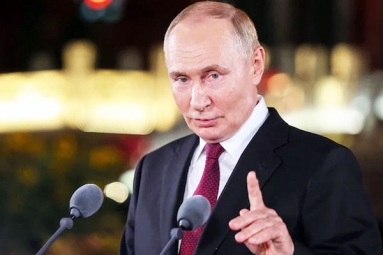
(Image source from: Cbs.com)
Pakistan and China are currently experimenting with nuclear weapons, as stated by President Donald Trump during an interview on CBS's 60 Minutes. He also mentioned that Russia and North Korea are involved in similar tests. Trump's comments followed his directive for American military forces to resume testing nuclear weapons after a break of 33 years. This news could raise alarms in India, which is positioned against both Pakistan and China. He asserted that nations with nuclear weapons are performing tests, although they do not openly discuss it. According to him, China and Pakistan are already executing secret detonations. “Russia is testing and so is China, but they don’t bring it up. You know, we are an open society. We are different. We mention it... They lack reporters to write about it.” He included Pakistan in this claim, saying, “Of course North Korea has been testing. Pakistan has been testing.” In the same discussion, Trump noted that India and Pakistan were close to engaging in a nuclear conflict in May, which he intervened in with trade restrictions. He asserted that countless lives would have been lost if he had not intervened.
"India was on the brink of nuclear conflict with Pakistan. The Prime Minister of Pakistan spoke up... If I hadn't been involved, many millions would have died. It would have been a tragic war. Aircraft were being shot down everywhere. I warned both leaders that if they did not cease, they would not be able to do business with the US," Trump stated during the CBS interview. Trump commented, "Countries with nuclear capabilities do not announce it... They conduct tests deep underground, where people are unaware of the activity. You experience a slight vibration." Global monitoring stations can pick up ground vibrations that resemble earthquake waves, resulting from underground nuclear detonation. Yet, Trump maintained that such tests could happen in secret, so they go unnoticed. The potential testing of nuclear weapons by China and Pakistan makes the situation riskier for India, which not only adheres to a no-first-use strategy but also has not performed any nuclear tests since 1998.
India is said to possess around 180 nuclear warheads by 2025, which is less than China’s rising stockpile of 600 (expected to reach 1,000 by 2030) and is similar to Pakistan's 170. While Pakistan's fissile material might support up to 200 warheads by 2028, including smaller tactical nuclear arms, it is China’s advancements—such as the Fractional Orbital Bombardment System tested in 2021—that pose a significant danger. FOBS sends warheads into partial Earth orbits, avoiding predictable paths that India's developing Prithvi Defence Vehicle interceptors might track. Ongoing uncertainties about the 1998 Pokhran-II thermonuclear test, which DRDO scientist K Santhanam criticized as a "fizzle" with a yield of only 10-15 kilotons rather than the claimed 200 kilotons, further weaken confidence in India's capabilities.
Now, Trump's initiative for the US to test nuclear weapons and his assertions about China and Pakistan possibly conducting similar tests have seemingly created an opportunity for India to carry out Pokhran-III. This could confirm the effectiveness of India’s hydrogen bomb and the ability to miniaturize yields for Agni-VI Intercontinental Ballistic Missiles or K-5 submarine-launched missiles.
(Video Source: 60 Minutes)







